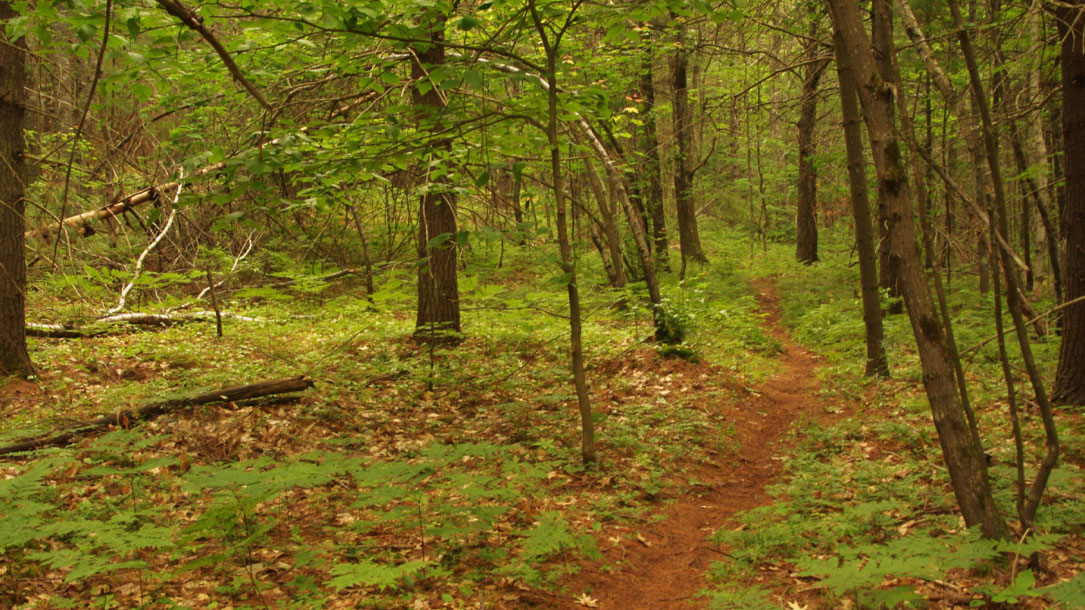
Interns present climate change solutions to the community
Jonah Raether is from Pittsburgh, Pennsylvania and is a graduate student at Clark University in Worcester, Massachusetts studying health science and community health. His research project studied the relation between environmental connection and its impact on human health.
“I knew that I did not just want to work on building trails,” said Raether. “I wanted to get to know the people living here—I came in with that goal.”
Through his research project, Raether created a booklet of interviews sharing the stories of local connections to nature…
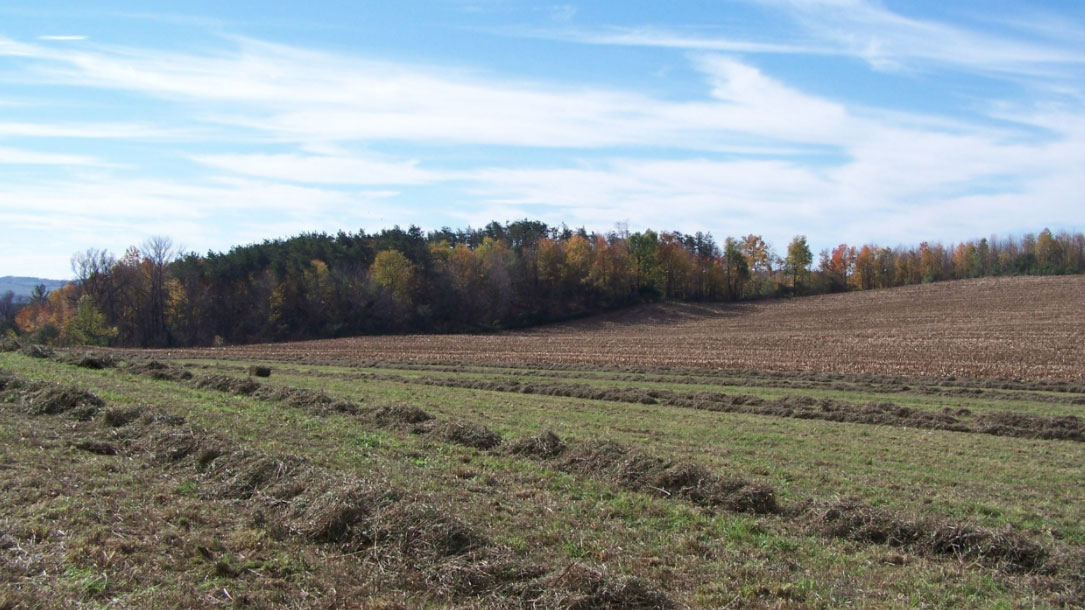
Two families lock in a deal to ensure their farmland never becomes home to a warehouse
After a warehouse popped up near their properties, two Union Township farmers recently took steps to make sure their land would never be put to the same use.
The Nye and Shuey families put conservation easements on their land deeds, which means the land will have to be used for agricultural purposes in the future, no matter how often it is sold.
“I hate to see these warehouses going up,” said Deb Shuey, who preserved more than 100 acres of her land. “I would like to see this land stay as farmland and not be developed…”
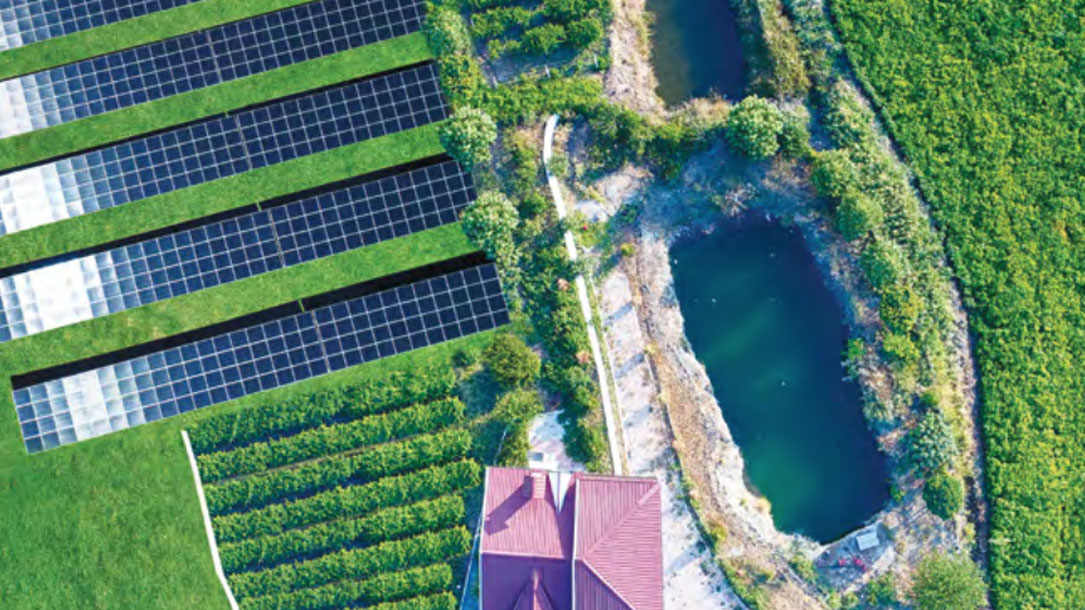
Report sheds light on role of land trusts in climate change
At first blush, putting “open space,” “land conservancies,” and “renewable energy” in the same sentence might seem awkward. But the role land trusts play in addressing climate change via renewables can’t be understated, according to a new report from the Land Trust Alliance (LTA): “Reshaping the Future: Renewable Energy and Land Trusts.”
In the 24-page report, researchers said that at this “critical juncture, land trusts can position themselves as both protectors of priority lands, waters, and habitat and as problem-solvers in helping meet renewable energy development needs. As entities that care deeply about the land, land trusts should also care about climate change and renewable energy…”
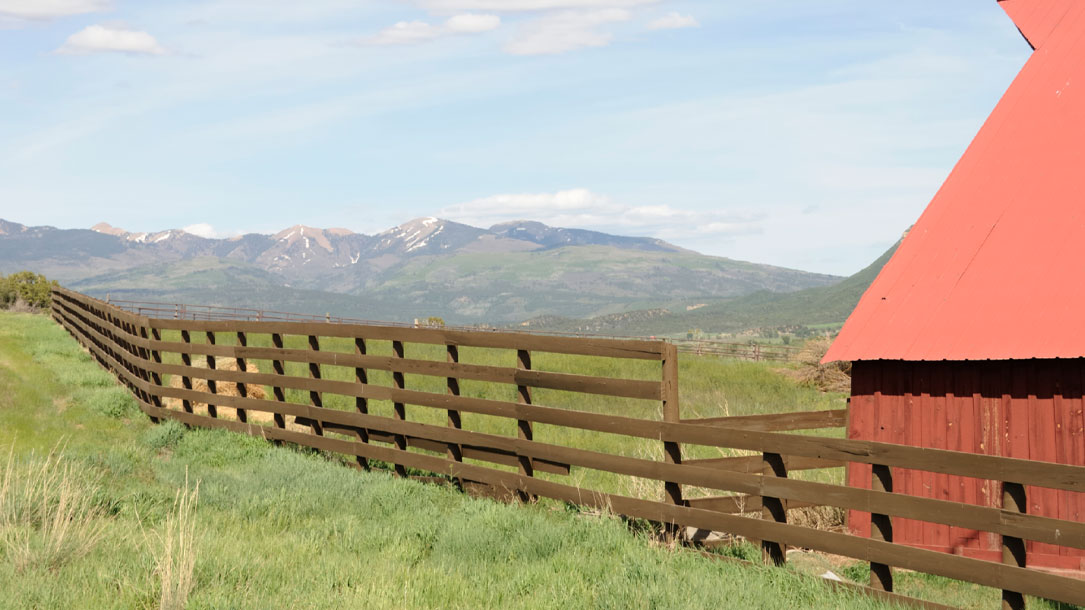
We’re halfway there; Montana joins U.S. Climate Alliance
Last week, Montana Governor Steve Bullock announced his commitment to join the US Climate Alliance (USCA), bringing the total to 25 states who have made the pledge since the Alliance was formed just two years ago.
With Montana’s addition, the USCA now represents 55% of the U.S. population, an $11.7 trillion economy, and 40% of U.S. greenhouse gas emissions…
American Farmland Trust proudly joined the USCA as an Impact Partner in June 2019. As an Impact Partner, AFT lends its technical expertise to help increase the volume of carbon stored in ecosystems; reduce losses of already-stored carbon; and decrease greenhouse gas emissions, specifically sharing policy guidance and implementation strategies for climate-smart practices on croplands and rangelands.
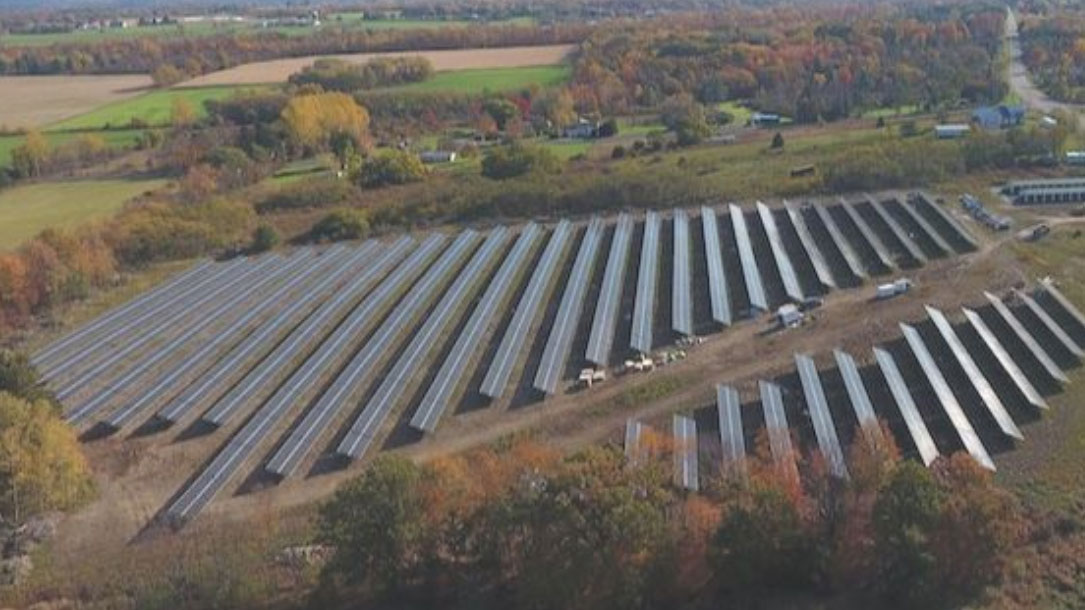
Common Energy has made a generous investment in ADK’s mission to protect New York State’s public lands and waters
While the Adirondack Mountain Club (ADK) isn’t often considered a land trust it has a long-standing conservation ethic and is respected by many. ADK is dedicated to the conservation, preservation, and responsible recreational use of the New York State Forest Preserve and other parks, wild lands, and waters vital to their members and chapters.
This week they announced a partnership as follows:
We are excited to tell you about our new partnership with Common Energy!
With a shared interest in the environment, Common Energy has made a generous investment in ADK’s mission to protect New York State’s public lands and waters.
Common Energy enables virtually anyone to connect their existing utility account to a local, clean energy project. Energy from the project replaces fossil fuel-based generation, lowering emissions and pollution. Each month, participants receive clean energy credits from the project, lowering their energy cost. Enrollment is free and can be completed in a matter of minutes. Common Energy’s program has been made possible through New York’s Shared Renewables Program, which was established by Governor Andrew M. Cuomo in 2015.
We look forward to working with Common Energy in the months ahead to publicly promote steps that individuals can take to reduce their carbon footprint, decrease the community’s dependence on fossil fuels, and lower emissions and pollution across New York State.
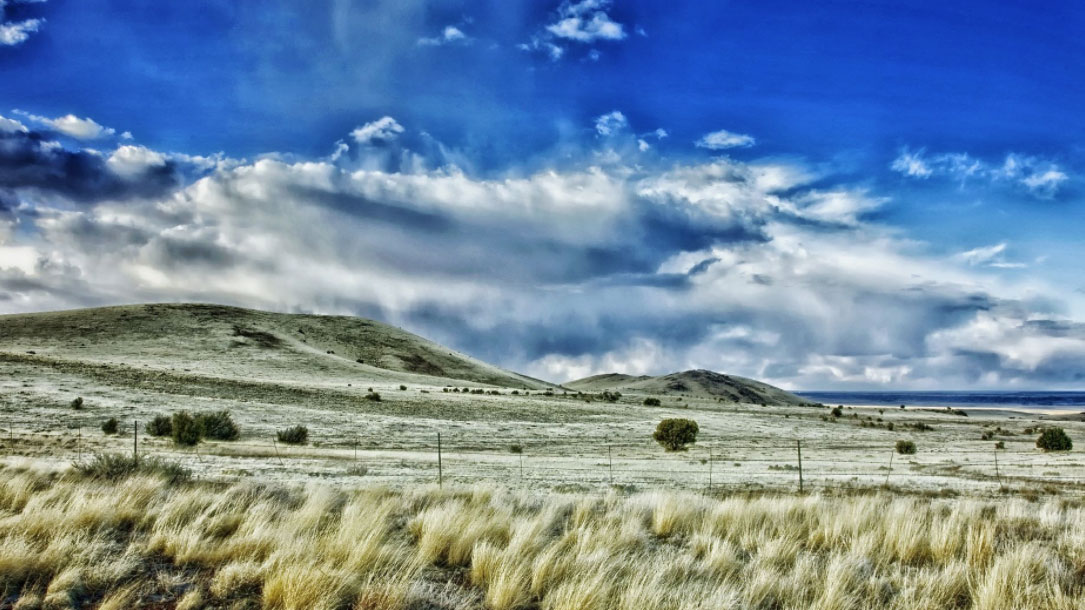
So what? Who cares?
Why should New Mexicans care about climate change? What will the impacts be on our daily lives and in our communities? How do scientists know that climate change is happening and how do they know what it will impact?
Jim O’Donnell of the Taos Land Trust talks with New Mexico State Climatologist Dave Dubois earlier this spring. They have a whole series of podcasts you might like as well.
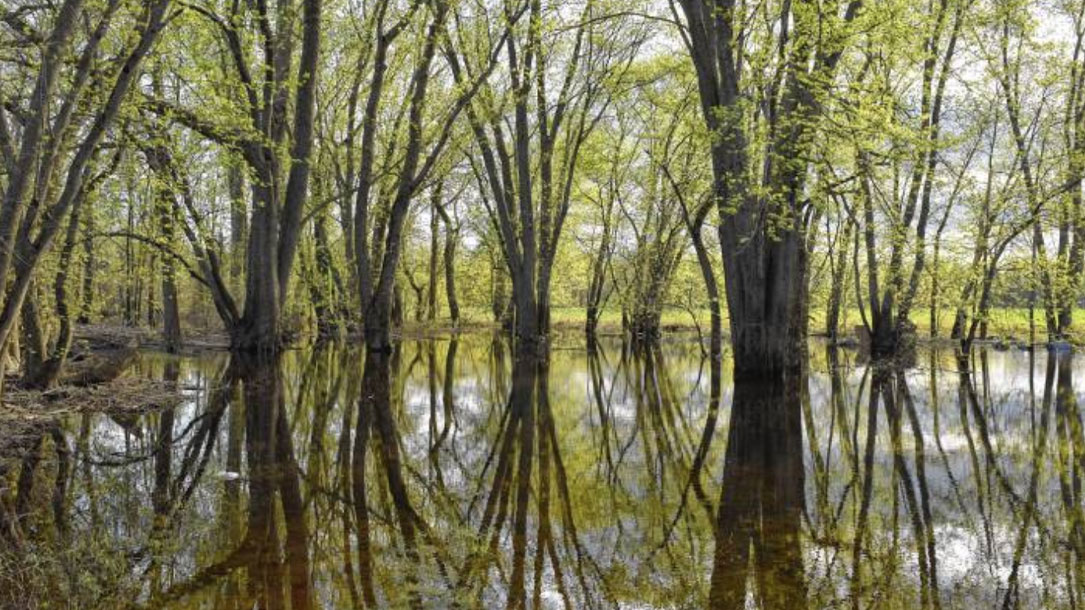
Kestrel Land Trust featured: Land conservation is part of the climate change solution
“When you think about strategies to prevent more severe impacts [of climate change], protecting land from development may not be the first action that comes to mind. The science is clear that we must reduce our fossil fuel use and curtail other sources of greenhouse gas emissions.
Conserving and restoring the world’s forests, grasslands and wetlands, however, is also a critical tool for countering the effects of climate change. Every year, globally millions of acres of forests are cleared for development, grazing or crops. When this happens, most of the organic carbon stored in the original forest is released into the atmosphere…”

King Arthur Flour calls for action
“King Arthur Flour works with mills and farmers across the nation to supply home bakers everywhere with some of the finest flours and baking supplies available. It takes a lot of time and energy to transport our products to stores and kitchens across the country, and we are acutely aware of the impact all that transportation has on the environment.
In 2016, the transportation sector surpassed the electric power sector to become the largest emitter of greenhouse gas emissions in the U.S. In fact, the transportation sector is responsible for nearly a third of all U.S. Greenhouse gas emissions—contributing to climate change and air pollution, and exacerbating public health concerns…
Therefore we were pleased to see Gov. Phil Scott announce that Vermont will join eight other states and the District of Columbia this year to collaborate on developing a regional, market-based policy to reduce greenhouse gas emissions and modernize our transportation system…”

The Nature Conservancy encourages action
“Thank you for the opportunity to testify before you today on this issue. The Nature Conservancy is enthusiastic about climate mitigation legislation passing in New York State during the 2019 Legislative Session. First and foremost, thank you Assemblyman Englebright for championing this issue and continuing to call for strong action from New York in leading the nation…
Earlier this month, the Intergovernmental Panel for Biodiversity and Ecosystem Services (IPBES) released its first report detailing past biodiversity losses and prospects for people and natureii. Governments and scientists agree we are exploiting nature faster than it can renew itself.
The IPBES report is a shocking wake-up call. The report clearly shows how rapid deterioration of nature threatens our food, water and health, and worsens the impacts of climate change. Achieving economic and development goals, as well as climate goals, will require tackling this accelerating loss of biodiversity…”
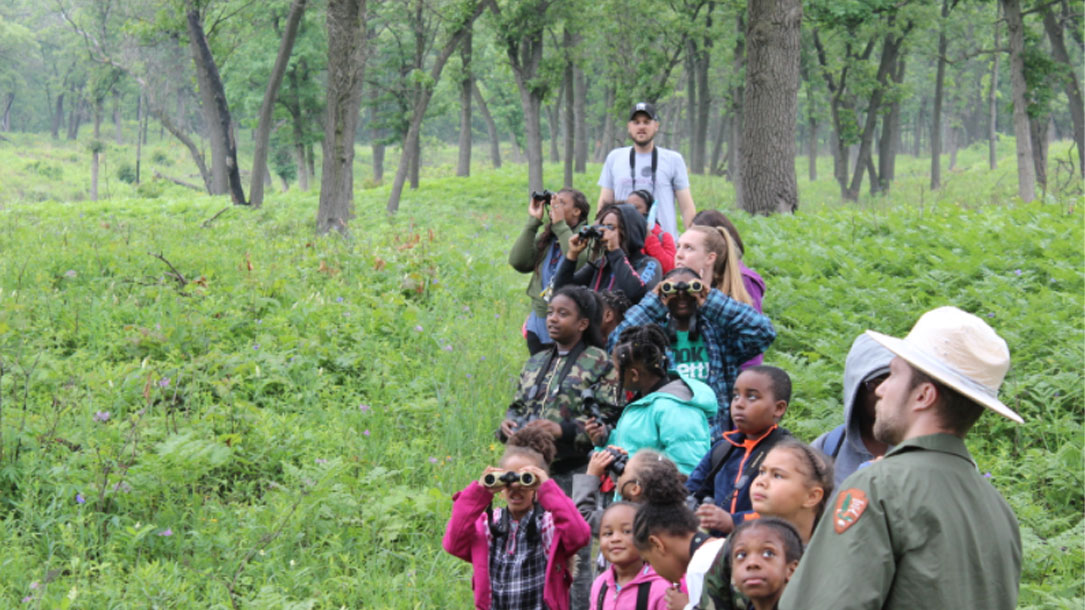
Land trusts engage people in climate change solutions
“Last fall lent credence to the adage that bad news comes in threes. First, the United Nations issued a special report projecting severe climate upheaval if current levels of greenhouse gas emissions continue.
Then, on Black Friday, the federal government released Volume II of the Fourth National Climate Assessment (NCA), which forcefully affirms climate change is here and now and that humans are the primary cause.
Finally, just as word came that 2018 would likely be the fourth warmest year on record, the U.N. released an emissions report confirming that nations are falling far short of goals set in the Paris climate agreement. (Early in 2019, studies confirmed that U.S. carbon emissions, rather than falling in 2018, rose by 3.4%.)”
That’s an excerpt from a new article by the Land Trust Alliance facing the reality of climate change. The good news is that land trusts across the country are finding ways to inspire change.
The article highlights a wide variety of land trusts, both large and small, and identifies leaders like Brandon Hayes, who directs communications for Openlands in the Chicago region, and who saw last fall’s climate reports as “a chance to extend the organization’s commitment to ‘be bold about climate in our messaging.’ The issue’s politicization is awkward for land trusts, he acknowledges, but climate change is a strategic priority for Openlands—and one it covers prominently: ‘What’s the point of being a leading conservation organization if you can’t speak out on an issue this important?'”
Openlands is not alone. Scenic Hudson Land Trust, Tinicum Conservancy, Kestrel Land Trust, Athens Land Trust, and The Nature Conservancy are all featured in this article. It’s worth reading.












